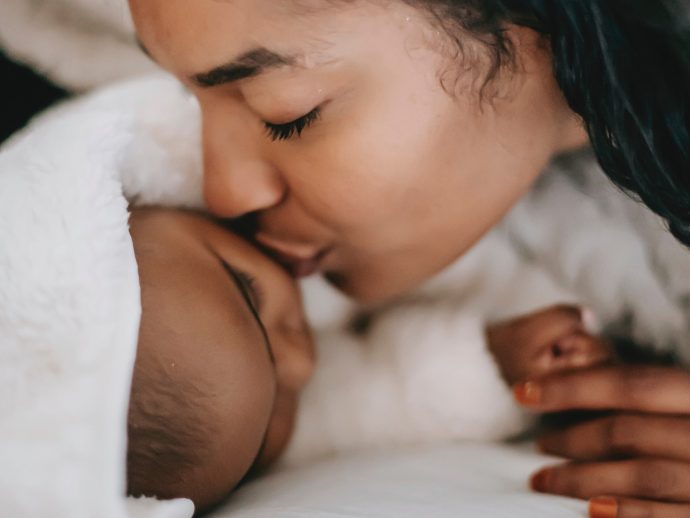Mothering is a multidimensional, nurturing journey
Motherhood is not unidirectional. As we raise our children, we raise ourselves, allowing mothering to expand past the expected boundaries and infuse life beyond actual parenting.
Definitions need not apply
One synonym of “mothering” is “caregiving.” Indeed, mothering is a journey of caring, no matter how it starts or when.
There are birth moms, adoptive moms, surrogate moms, stepmoms, and even mothering figures among us who never had their own children. A common denominator is the ability to move mountains, to let go, to grieve, and to be transformed.
One plus one makes two … and sometimes more
Few of us imagine motherhood as a thoroughly positive affair or a straightforward one. Mothering is joyful, but it can also be overwhelming and exhausting, and a meandering journey at times.
“Motherhood changes you for the better and enhances your capacity to love,” says Robyn Hines, mom, stepmom, and grandmother. “You realize that your children have more to teach you than you can teach them.”
Stepmotherhood transforms you in myriad ways if you’re open to it. “Your love goes farthest when you offer your authentic self to your stepchildren, leaving room for saying sorry,” Hines says. Mothering is vulnerability and strength in a perfectly imperfect package.
Mothering through grieving
Sometimes, moms find themselves at the edge of the deepest precipice there is: loss. It’s where words disappear to make room for tears. And then, more growth.
“Grief has deepened my compassion, giving me more empathy and tenderness with my children and grandchildren, as well as others who go through tough times,” says Hines, who lost one of her children a few years ago.
Mothering through adversities
After her youngest son Jessie was brutally attacked five years ago, Sue Simpson’s life changed. Jessie now requires 24-hour care in an assisted living facility—and a strong advocate. That’s now part of the mothering journey for Simpson. “Looking back is too sad, so I look at what I can do today to improve his quality of life,” she says.
Parents of children with chronic health issues or post-traumatic injuries become, once again, caregivers. Something stays the same, though. “You’re always a mom, no matter what. A better mom,” says Simpson.
When Delia Filipescu’s only son was diagnosed with muscular dystrophy, mothering gave her meaning and reason, though she couldn’t envision the challenges ahead. “What defines me best as his mom is the ability to keep hope, sadness, and fear in my heart simultaneously,” says Filipescu. “You go from just mom to caregiver and back again, rebuilding yourself as a stronger and better mom.”
Mothering knows no bounds
Mothering can mean even more. We are social creatures and we need closeness; maternal instincts can manifest in many ways. Mothering each other in friendships or mothering younger relatives in need of such an attachment figure add much to our well-being, both emotional and physical.
By Daniela Ginta, MSc, NNCP

